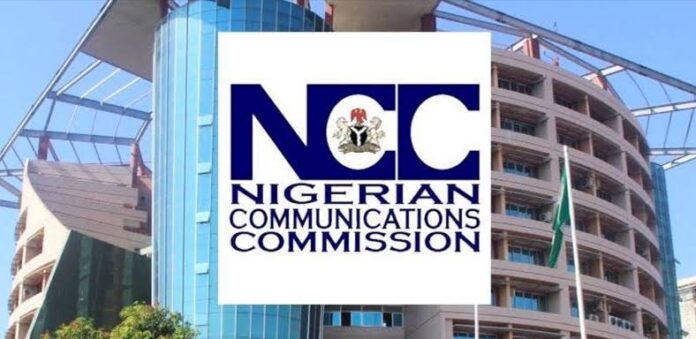The Nigerian Communications Commission (NCC) has attributed the growing cases of poor telecom services in major Nigerian cities such as Lagos and Abuja to network congestion caused by heavy data usage in densely populated areas.
According to findings from a research collaboration between the NCC and broadband intelligence firm Ookla, high urban population density is overloading network systems, leading to dropped video calls, failed mobile payments, slow downloads, and buffering during video streaming.
The Commission explained that while Nigeria’s overall data network capacity remains generally stable, congestion in high-density urban zones remains a major challenge. “Capacity issues are concentrated in urban areas across all major operators,” the NCC stated, noting that rural regions experience minimal impact due to lower usage intensity.
Meanwhile, the NCC has urged the telecom operators to adopt a dual strategy — investing more in 5G deployment while optimizing the existing 4G infrastructure — as the most effective way to reduce network congestion. The Commission stressed that performance issues peak during high-traffic hours, confirming that urgent investment in metropolitan network expansion is crucial to maintain consistent service quality.
Frustration among subscribers has continued to mount, with many users lamenting slow internet speeds and weak signals despite subscribing to premium 5G plans. In a recent report, some users complained of data speeds as low as 1 Mbps, which only improve late at night.
Operators, however, have blamed recurring service disruptions on widespread fibre optic cable cuts and vandalism, which they claim occur at an average rate of 1,100 incidents weekly. These damages have led to significant repair costs and revenue losses.
To address this, President Bola Tinubu last year signed an official gazette declaring telecom infrastructure as critical national assets, making their destruction a punishable offence. The move, endorsed by the Minister of Communications, Dr. Bosun Tijani, is expected to enhance network protection and strengthen investor confidence in Nigeria’s telecommunications sector.



